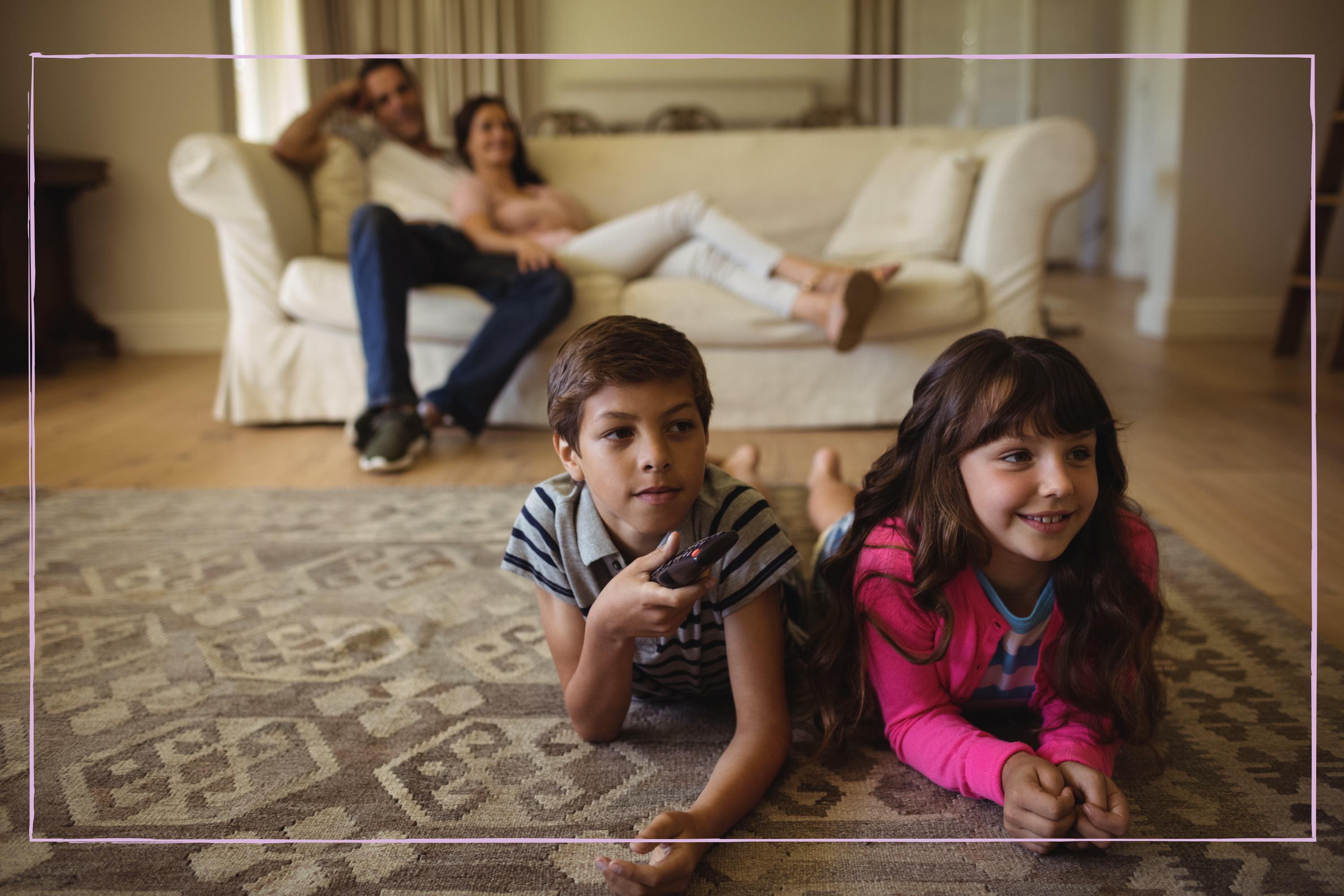
According to an expert, TV is a better screen time option than smartphones and tablets.
Are you concerned about your child’s screen time? While screens are not the enemy, and there are tricks you can try to help control it, there’s an argument that some screens are better than others – as one expert is claiming.
Dr. Charlotte Armitage, a psychologist and psychotherapist, and the founder of No Phones At Home Day, argues that – if your kids are going to use screens – TV is the best option, per HuffPost.
While there were plenty of concerns over the impact of children being exposed to live TV in the past, there are more risks of consuming media with the advent of smartphones and tablets.
She says, “Compared to a TV, we have far less control over devices and over the content that is on them, when you combine this with the accessibility and portability of these devices, as opposed to a TV which is static on a wall, it creates a huge problem.”
Not only that, but the content on devices like smartphones and iPads tends to be more short form, designed to encourage the user to keep engaging and keep scrolling, releasing dopamine into the brain and wiring the brains of young children to expect regular rewards. In short, it becomes addictive.
Dr. Armitage continues, “At the moment those rewards might well be scrolling through to the next video but as the child matures they may be more inclined to seek out activities or substances that facilitate the release of dopamine in the brain, which may be far more harmful than a device.”
With TV, parents have more control – you can better monitor what’s playing, and watch TV as a family, too. However, Dr. Armitage acknowledges that any screen time, regardless of device, can impact activity levels and interpersonal interaction, so even TV should be limited.
In related news, a woman has shared how she can tell 'within 10 minutes' if a child has had too much screen time, and Dr. Becky has revealed to Oprah the number one boundary she has for her three kids when it comes to screen time. Meanwhile, new research has revealed how parents and teens approach screen time.







